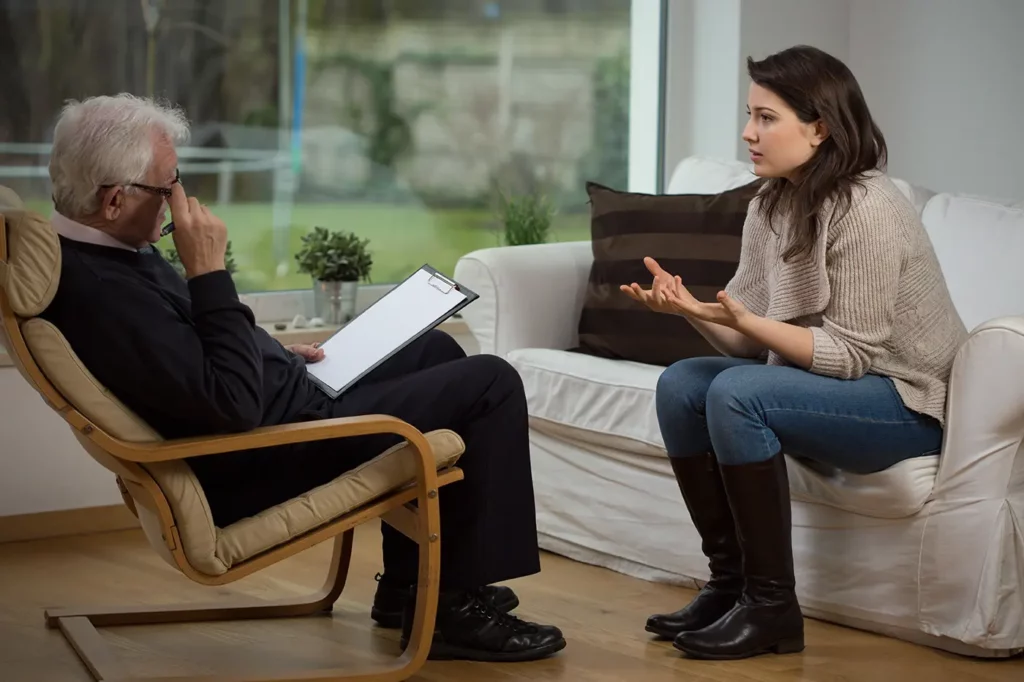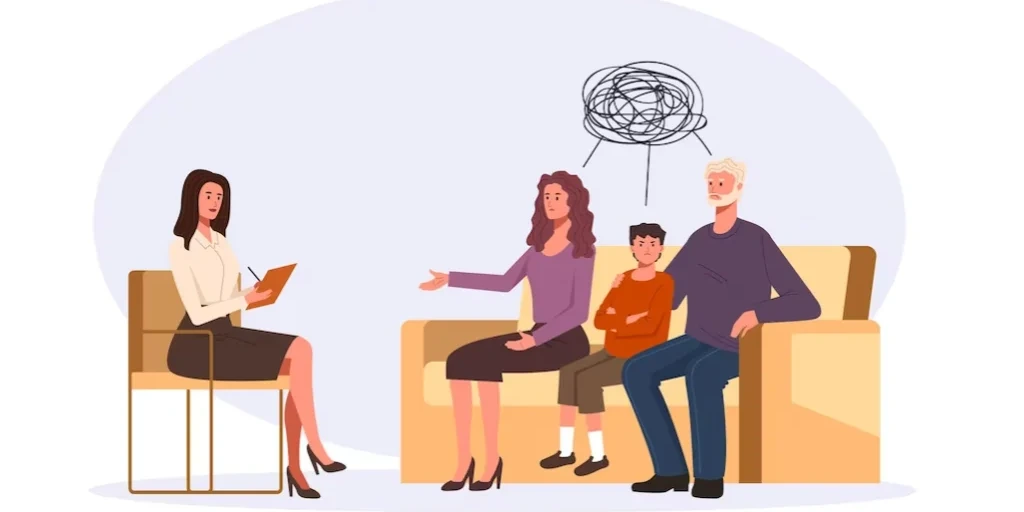24/7 Helpline:
(866) 899-221924/7 Helpline:
(866) 899-2219
Learn more about Inpatient Rehab centers in Marion
Inpatient Rehab in Other Cities

Other Insurance Options

Optum

Medical Mutual of Ohio

State Farm

Oxford

Carleon

Private insurance

MHNNet Behavioral Health

WellCare Health Plans

Amerigroup

Ceridian

Regence

BlueCross

UMR

Absolute Total Care

Highmark

ComPsych

Health Partners

Cigna

Optima

Group Health Incorporated


































SUWS of the Carolinas
SUWS of the Carolinas offers residential treatment for individuals with alcohol and/or substance add...

Recovery Ventures Corporation
Located in Old Fort, North Carolina, Recovery Ventures Corporation provides alcohol and drug rehab s...








